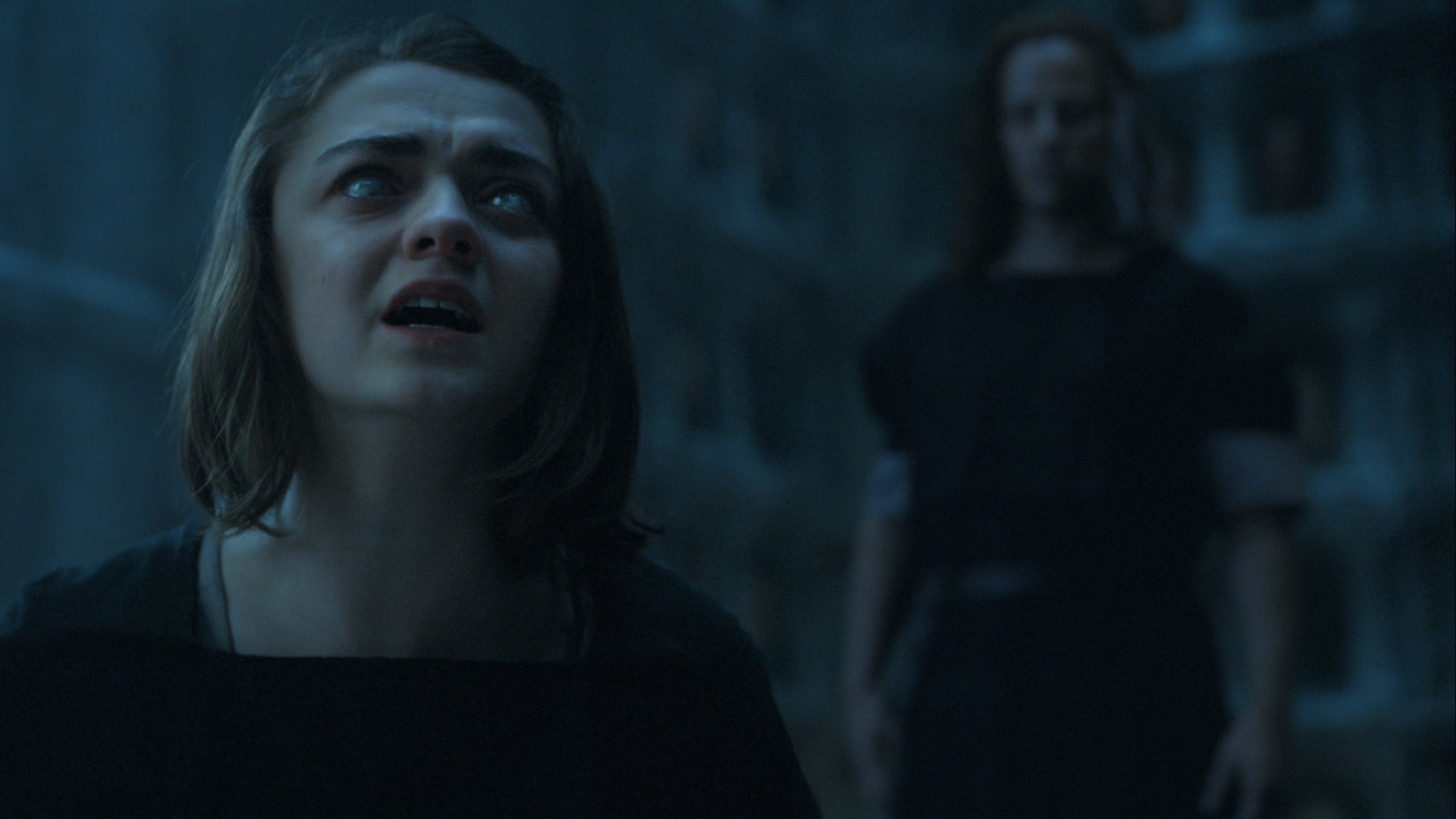HBO’s “Game of Thrones” will go at least eight seasons and could even get a prequel
It’s not easy knowing when a TV show should call it quits—especially one as popular and profitable as Game of Thrones. And it sounds like HBO is not quite ready to let go.


It’s not easy knowing when a TV show should call it quits—especially one as popular and profitable as Game of Thrones. And it sounds like HBO is not quite ready to let go.
At the Television Critics Association press tour yesterday (July 30), HBO head of programming Michael Lombardo said Thrones’ writing team is currently formulating an endgame, but doesn’t know exactly how long it’ll go.
“Seven seasons and out has never been the conversation,” he said. “The question is: How much beyond seven are we going to do? [Showrunners David Benioff and Dan Weiss] feel like there’s two more years after six.”
“I would always love for them to change their minds, but that’s what we’re looking at right now.”
Why would he love for the writers to change their minds? Probably because the show is one of pay TV’s most popular series, and has actually been growing in popularity since it launched (most shows’ ratings wane the longer they’re on the air). Its season five finale in June drew the show’s largest audience ever, with more than 8 million live TV viewers. Add that to the show’s awards prowess and merchandising potential, and you have a foolproof global hit that no executive in his right mind would ever want to end.
But there are lessons to be learned about allowing a show to go on too long. Perhaps the most notorious example is Showtime’s serial killer show Dexter, which was one of the best things on television for its first four seasons before deteriorating into, arguably, one of the worst for its last few years. Dexter probably wishes it could have gone the way of FX’s Justified, which eschewed the possibility of several more seasons and wrapped up perfectly after its sixth.

The weird dynamics of US television make these decisions difficult to make smoothly. During the the third season of Lost, the writers of the show had literally written their main characters into cages, a metaphor for how they felt not knowing how long they’d be making the show. They eventually sealed a deal with ABC to have the show continue for three more seasons, which reinvigorated the writing team and gave the series some much-needed narrative focus.
Some would argue Game of Thrones is at that same critical juncture. Now that the show’s narrative has gone beyond George R.R. Martin’s books, the show’s writers are partly on their own—though they’ve said Martin has told them in advance where he plans to take the story. Deciding on an end date could ensure that Thrones doesn’t “jump the dragon.”
Even if its eighth season—set to to air sometime around 2018—is its final one, that probably won’t be the last we see of the fictional world of Westeros. The Thrones franchise is just too valuable. “I would be open to anything that Dan and David wanted to do—about Game of Thrones, or any subject matter,” Lombardo said. “There’s enormous storytelling to be mined in a prequel.”
We have one prequel idea: The Life and Times of Hodor.